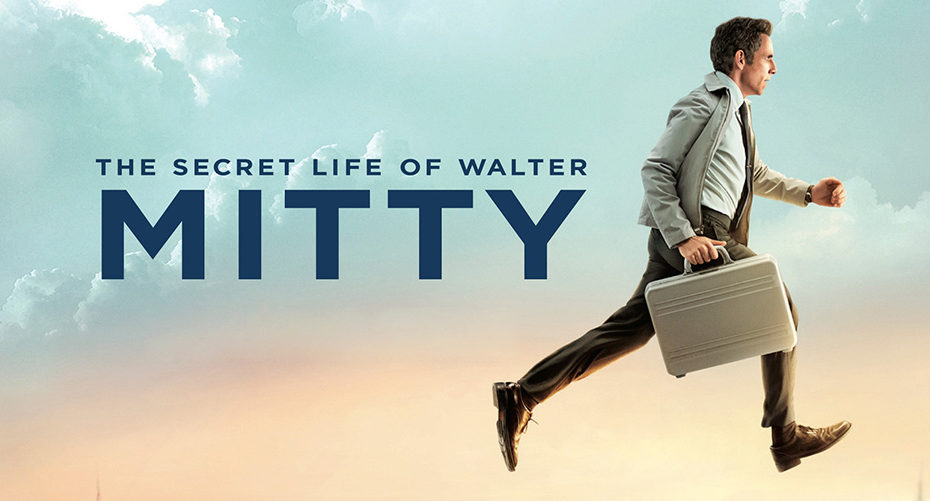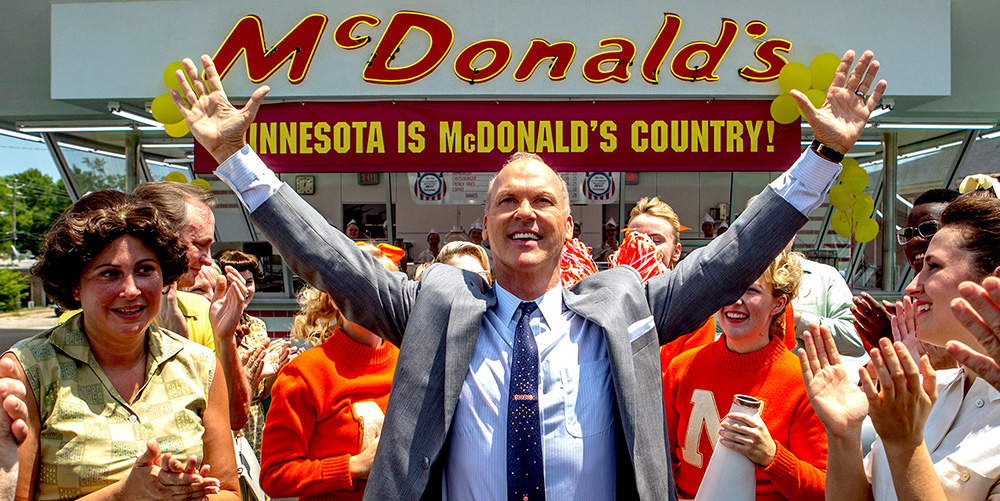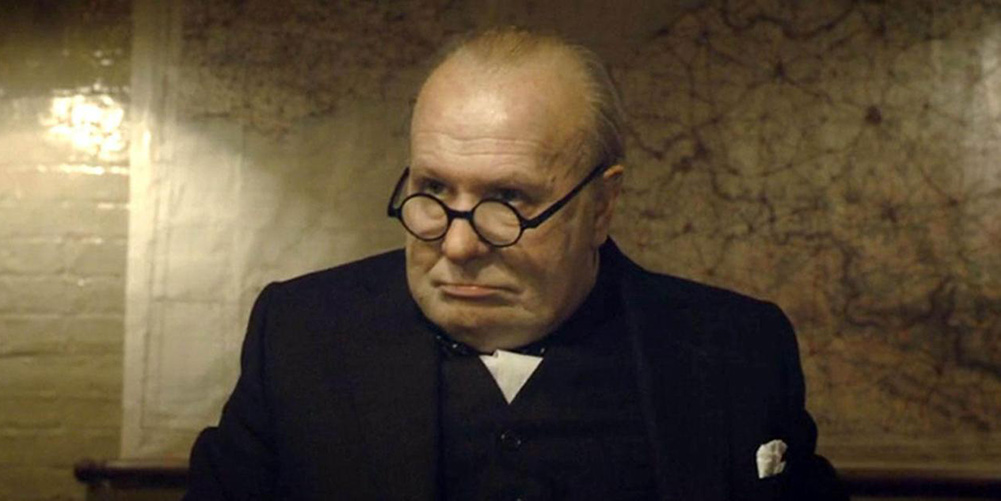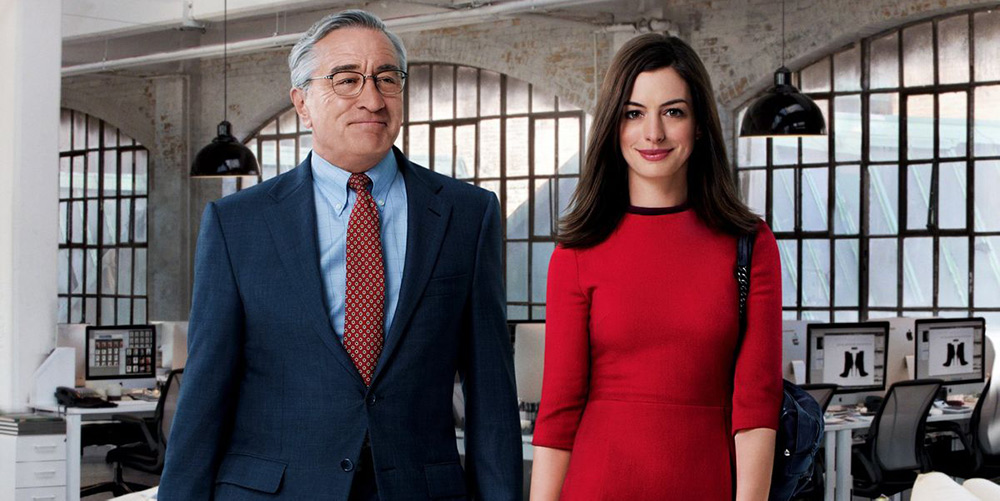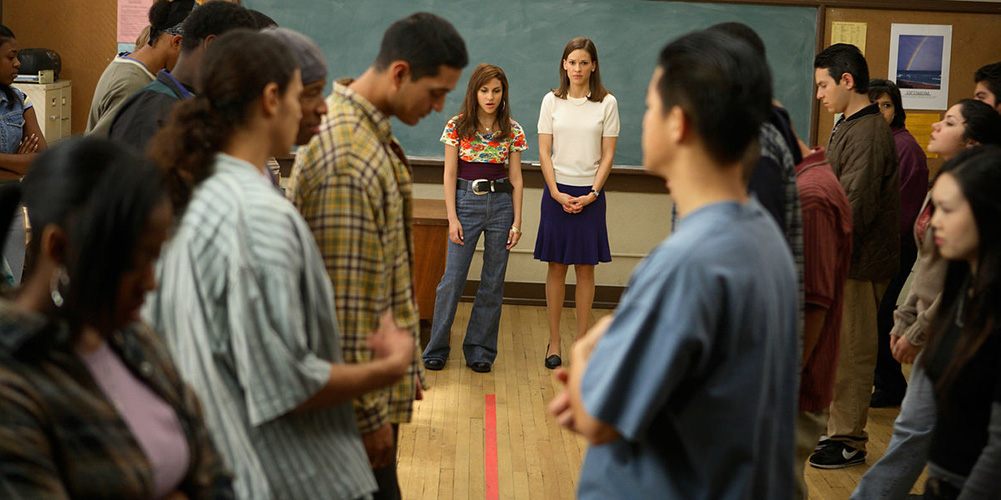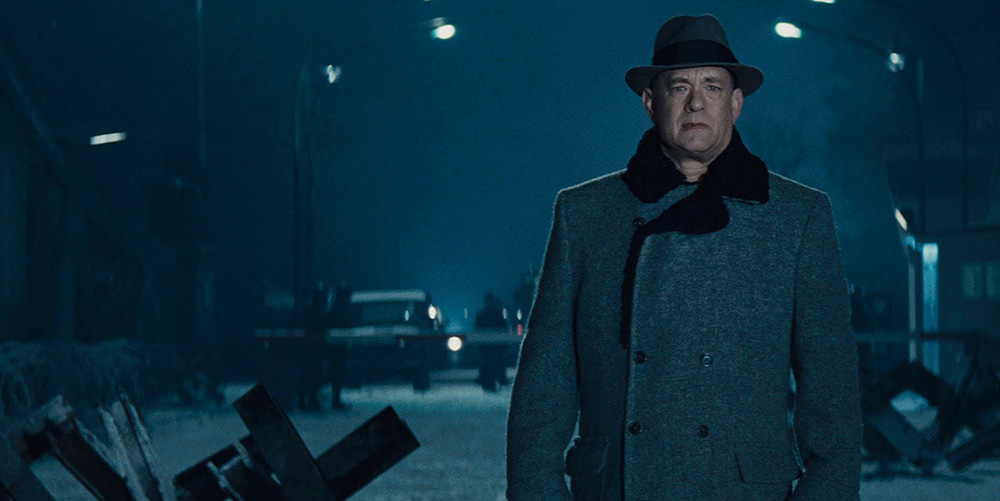Ben Stiller’s sublime The Secret Life of Walter Mitty is awash with inspiring themes – not least the need to take a risk and have courage to break out of the ruts we all find ourselves in from time to time.
Walter is the quintessential dreamer, a man who fulfils his goals through his daydreams but struggles for the courage to fulfil them in real life. And while few of us are as extreme as Walter, we probably all have dreams unfulfilled because of a fear of jumping into the unknown.
In the film, Walter’s employer, the famous Life magazine, is taken over with the news that the next print issue will be its last. But when the negative for the final cover goes missing, Walter needs to throw off his inhibitions in a global search to track it down.
Having spent much of my career working to improve people’s connection to the organisation they work for – and their sense of contribution to that organisation – two other themes stood out most profoundly to me: the power of purpose, and the value of recognition.
(Note: spoilers follow. So if you haven’t watched the movie yet, I strongly recommend you do that first)
The power of purpose
As Wharton professor Adam Grant argues persuasively, meaningfulness is core to people’s satisfaction at work. We all spend a long time working, so we want to feel that time has a ‘purpose beyond the pay cheque’.
Great leaders recognise that an inspiring purpose and vision are hallmarks of a great organisation.
A healthy relationship between an employee and an organization starts with a shared mission, meaning, or purpose. A 2013 study of more than 12,000 workers worldwide, quoted in Tom Rath’s Are You Fully Charged?, found that employees who derive meaning and understand the importance of their work are more than three times as likely to stay with an organization. Author Tony Schwartz described how this one element has “the highest single impact of any variable” in a study that looked at many elements of a great workplace. Meaningful work was also associated with 1.7 times higher levels of overall job satisfaction.
In reality, however, few organisational purposes truly inspire.
But how about this one?
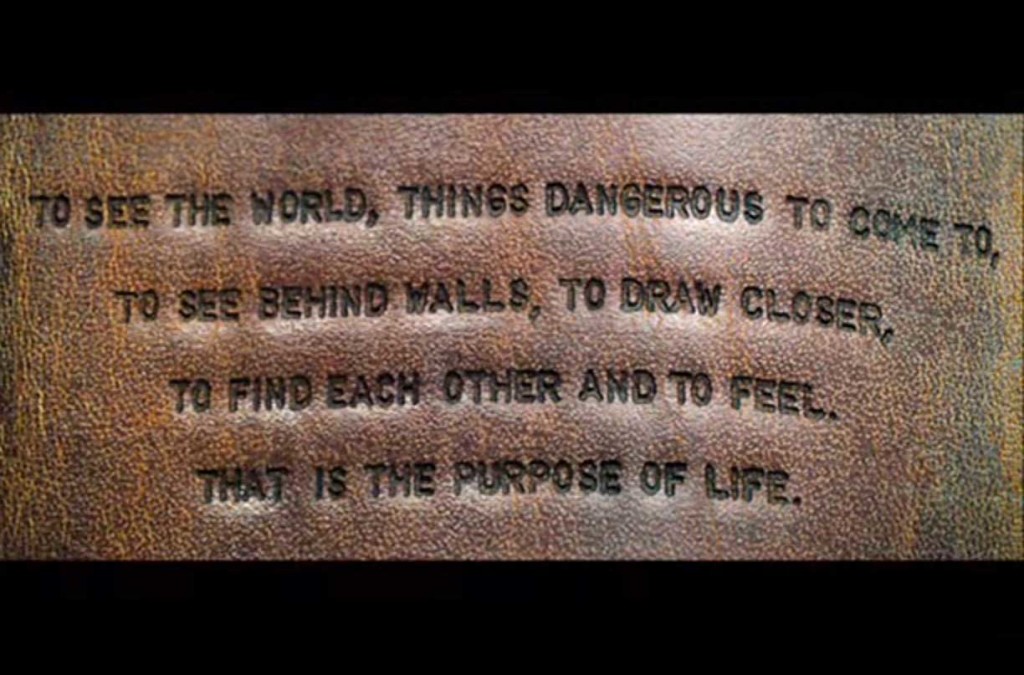
Life’s motto is strong enough to inspire the people who work there. In one scene, Walter and co-worker Cheryl talk about working at the magazine and how they were inspired by the motto – which they both know by heart.
But it’s also strong enough to encourage people to act differently. Life’s motto inspires Walter, the most timid of dreamers, to cast himself into the unknown and pursue top photographer Sean O’Connell to Greenland in search of the missing negative.
The value of recognition
Much of the film focuses on Walter’s quest for the missing film negative shot by O’Connell. The shot, O’Connell tells the magazine’s executives, expresses ‘the quintessence of life’.
Walter’s quest for the missing negative takes him to Greenland, Iceland and Afghanistan, to encounters with sharks, volcanoes and tribal warlords. “What was it?” his colleague asks him when he finally tracks down the missing picture. “A sasquatch? A unicorn?”
“I didn’t look,” Walter replies.
But when the final cover appears on the news stands, the ‘quintessence of life’ is revealed. The photo shows Walter, sitting outside the Life magazine headquarters, inspecting a negative sheet. The caption reads: ‘Final issue: dedicated to the people who made it’.
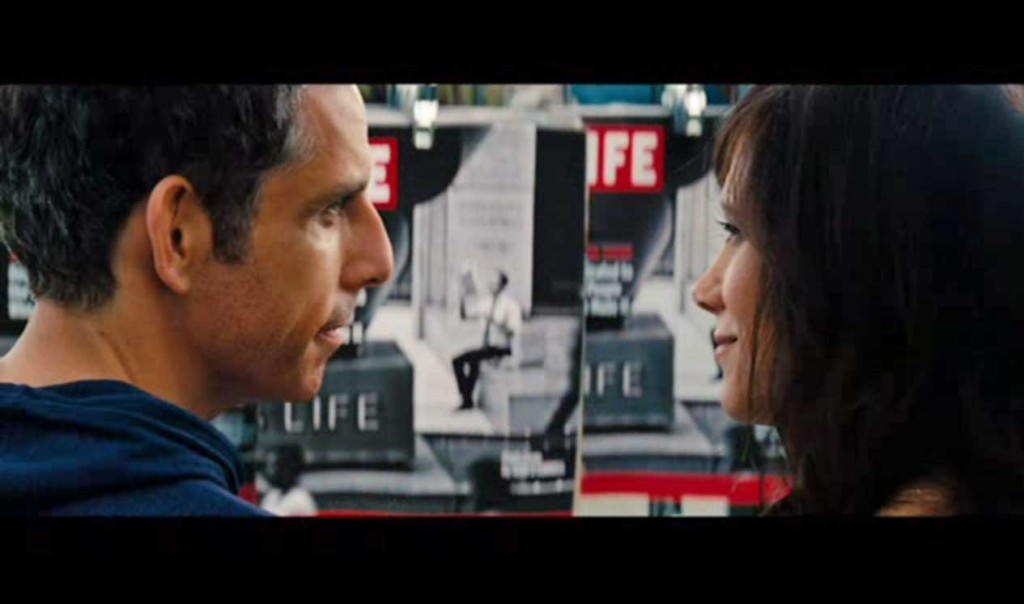
It’s a powerful tribute to all the people – at every level – who contributed to the success of the magazine.
